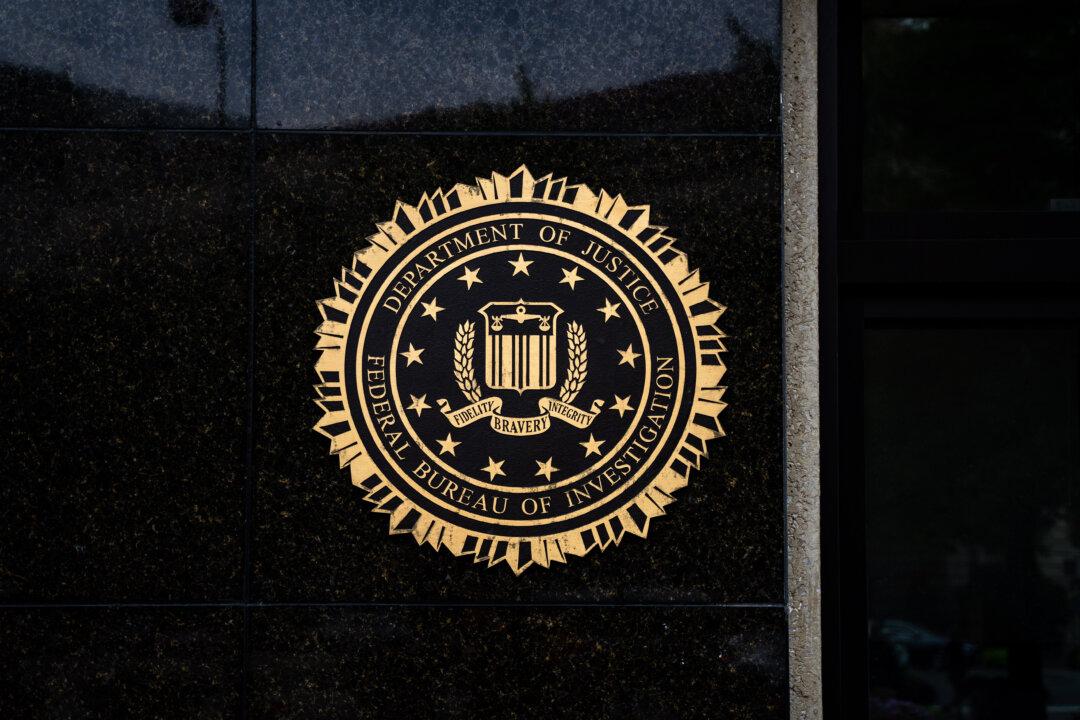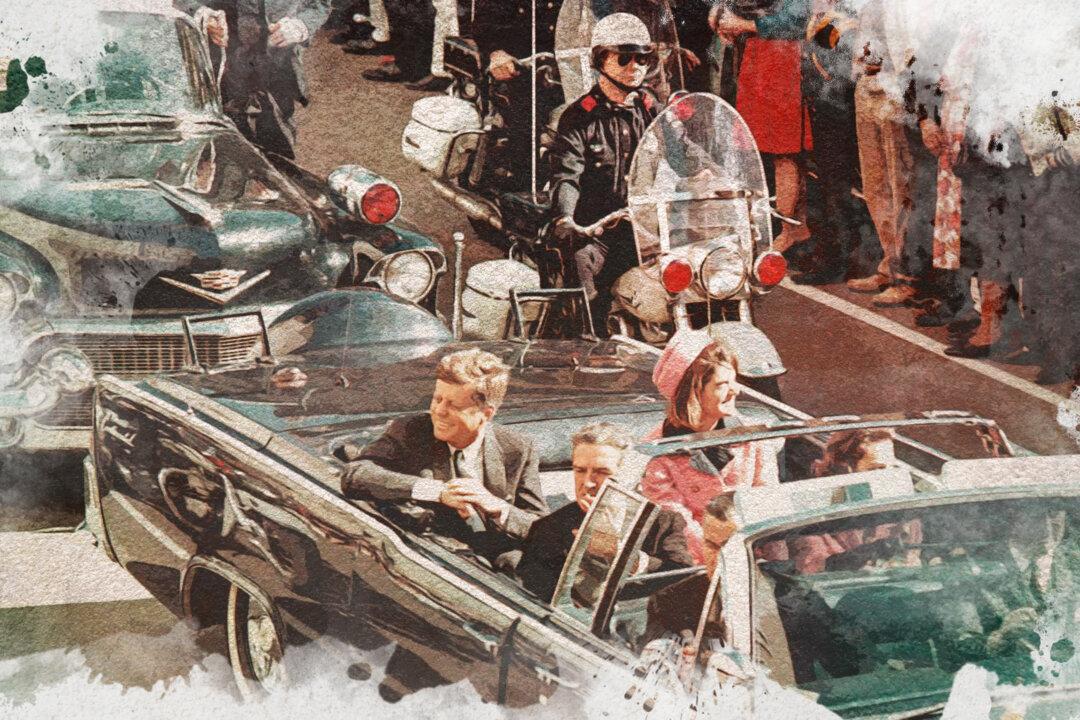News Analysis
Lawyers for Igor Danchenko, who was the primary source for British ex-spy Christopher Steele’s infamous dossier on Donald Trump in 2016, have filed a motion to dismiss charges brought against Danchenko by special counsel John Durham. Durham alleges that Danchenko lied to the FBI about his sources used in the dossier. Danchenko is scheduled to stand trial next month.





